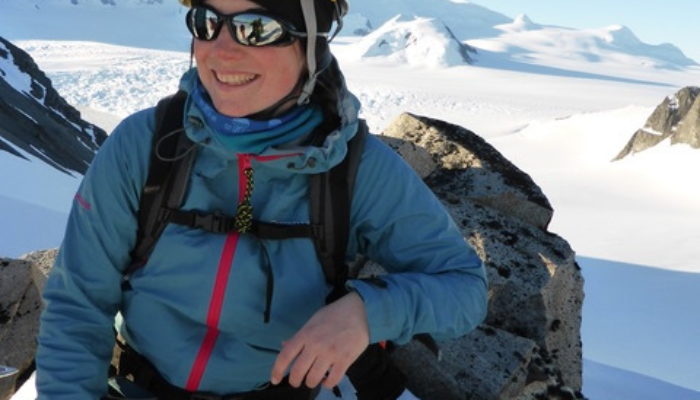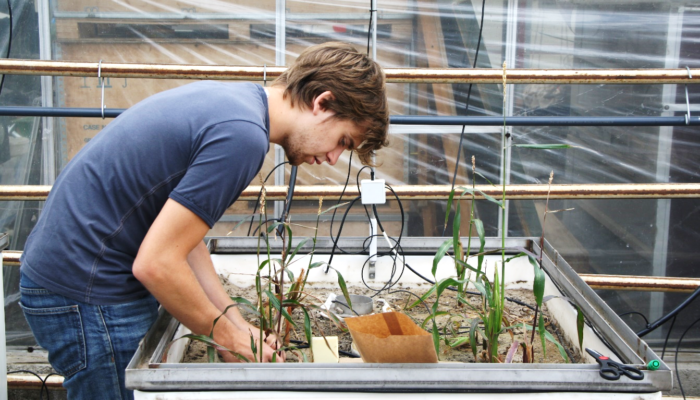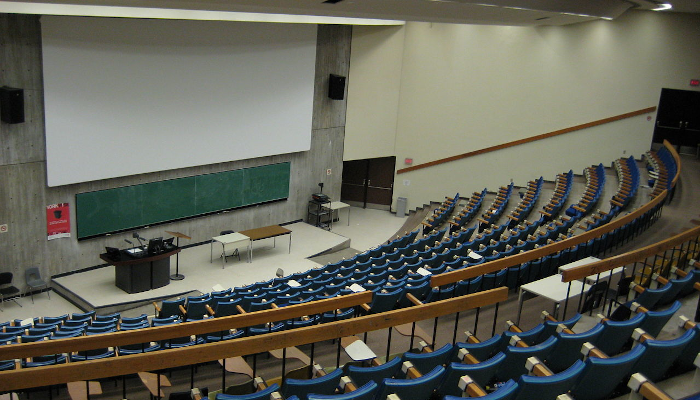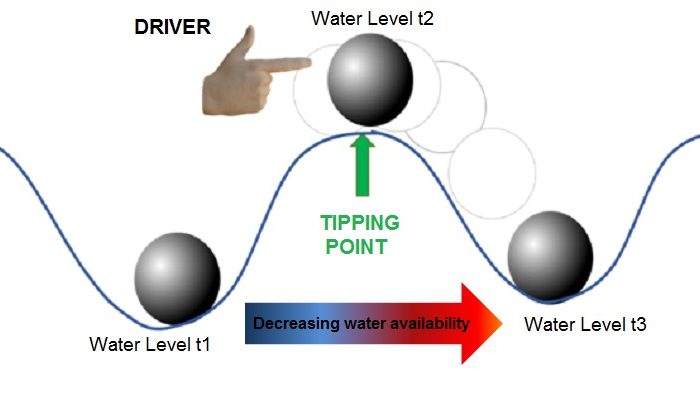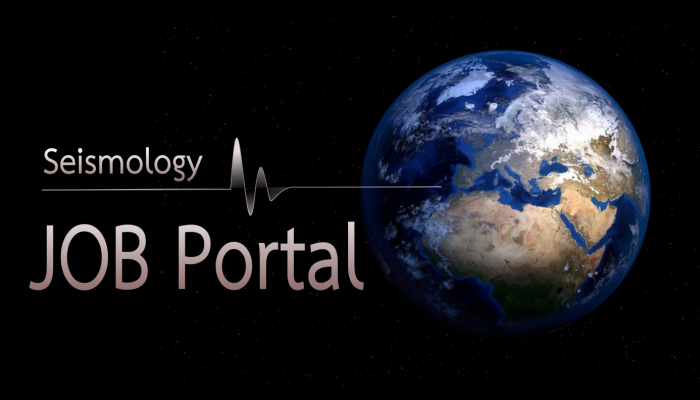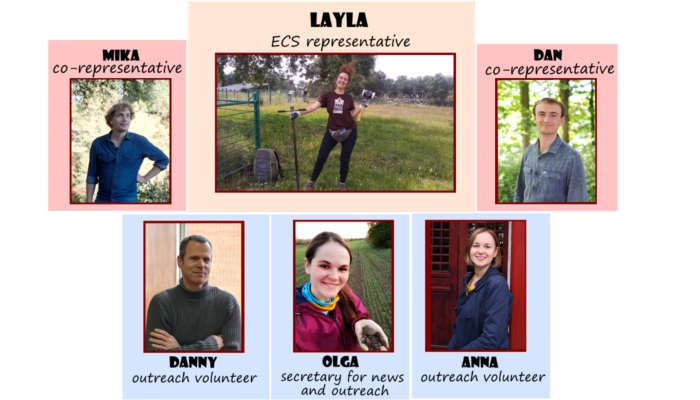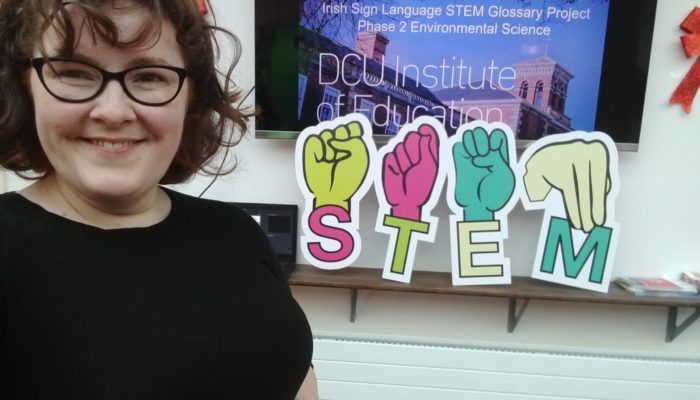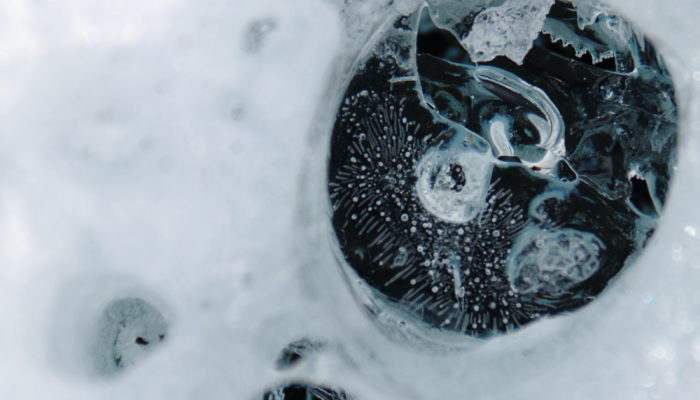Ocean acidification could be described as climate change’s evil twin, not that it needs one. The world’s oceans are partly absorbing the carbon dioxide we are pumping into the planet’s atmosphere, which then reacts with seawater and forms carbonic acid. This process decreases the pH of the oceans, making them more acidic. If you are a crab resident of the ocean, this is not good news. Norma ...[Read More]
If you didn't find what you was looking for try searching again.
Cryospheric Sciences
Women of Cryo I: Dr Emma Smith
Women make up 50.8% of the world’s population, yet fewer than 30% of the world’s researchers are women. Of this percentage, women of colour comprise around 5%, with less than 1% represented in geoscience faculty positions. Women are published less, paid less, and do not progress as far in their careers as men. Even within our EGU community, women account for only one third of all members, an ...[Read More]
Geodynamics
The Sassy Scientist – Meddle With Medals
Befuddled by the yearly returning celebration of science during the Nobel award ceremonies, and heavy-heartedly noticing the absence of Earth sciences at this ball time after time, Pippi pulled herself out of her rationally induced depression and asked: Shouldn’t there be a Nobel prize in Earth sciences? Dear Pippi, Well, isn’t that a particular poignant question? Earth sciences simply being denie ...[Read More]
Soil System Sciences
Plant carbon allocation, soil nutrient availability and the mycorrhizal business
The soil market: plants spend some of their carbon on buying nutrients from mycorrhizae Similar to the way that we take up carbon (C) through the food we eat, plants absorb C in the form of CO2 from the atmosphere through photosynthesis, and use it to build sugars (Fig. 1). After having a good snack, our body decides where to send the C it has just gained: should I use it to grow muscles (or fat), ...[Read More]
Geodynamics
Starting to teach? Here are 3 tips!
Starting to teach a course at a university can be an exciting but daunting experience. In today’s post Menno Fraters shares his experiences of starting to teach a class of 100+ students during the challenging time of the COVID-19 pandemic. He provides three quick tips for when you start teaching, that may be useful for teaching in academics. During your time as a PhD student, you may have al ...[Read More]
Hydrological Sciences
Hydrological tipping points: Can we tip the bucket?
We live in a time of unprecedented pressure on water resources. The combination of drivers, such as human water use and land use, climate change by greenhouse gases and the human modification of other components of the Earth system coupled to the water cycle, may be pushing water resources beyond levels of sustainability at all spatial scales (Gleeson et al., 2020; Zipper et al., 2020). A particul ...[Read More]
Seismology
Seismology Job Portal
On this page, we regularly update open positions in Seismology for early career scientists. Do you have a job on offer? Contact us at ecs-sm@egu.eu Please, note that other available research positions are displayed on the EGU Jobs Portal.
Soil System Sciences
Our team is growing … unprecedentedly!
It is my great pleasure to introduce you to our new SSS Early Career Scientist (ECS) & Outreach team. This year, apart from having a new ECS Representative – Layla San Emeterio – we realized that there’s just too much fun for one person! That’s why this year, our division has also elected two ECS Co-representatives: Mika Turunen and Dan Evans. Mika and Dan started immediately helpi ...[Read More]
GeoLog
GeoTalk: Inaugural Katia and Maurice Krafft Award winner, Rhian Meara talks about the EGU award nominations.
Hi Rhian, thanks for talking with us today about the EGU’s Award nominations, please start by introducing yourself! I’m a physical geography and geology lecturer at Swansea University, with a particular focus on teaching through the medium of Welsh. I have been awarded the Katia and Maurice Krafft Award for my work on the British Sign Language Glossary Project, with colleagues from the ...[Read More]
Cryospheric Sciences
Did you know… the surface of melting glaciers is one of the most radioactive places on Earth?
Recent studies show that glaciers are significantly affected by pollution, and in general by human activities, but few people would imagine that their surface contains traces of nuclear contamination and radioactivity. It has been recently claimed that high amounts of radioactivity have accumulated on glaciers, only beaten by the radioactivity levels of sites where nuclear incidents and tests have ...[Read More]


